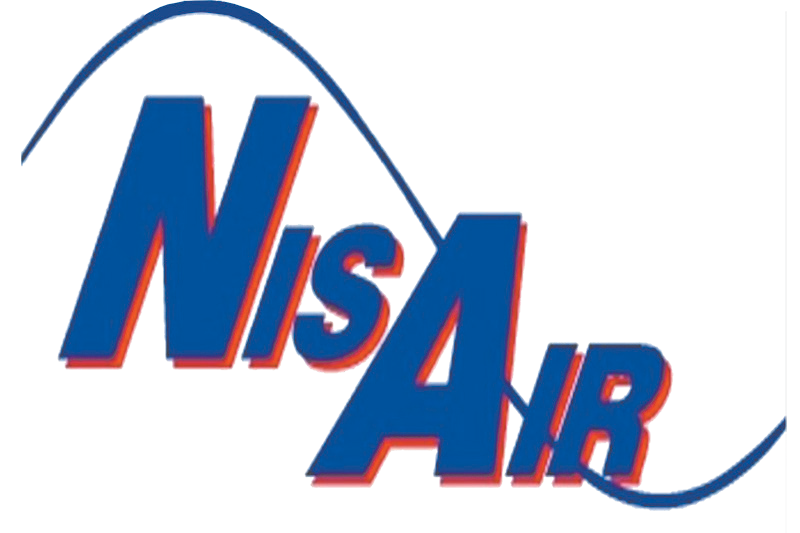Electricity Use Myths That Can Blow Your Budget
When home comfort and energy dollars are on the line, it’s wise to know the facts behind the electricity use myths that are out there. Read on to learn how to keep the lid on your energy budget, and use your cooling and heating systems efficiently.
Electricity Use Myths
Myth: Lowering the thermostat setting on the heat pump during sleeping hours or away at work saves heating costs.
Fact: The typical air-source heat pump in the Treasure Coast uses auxiliary electric-resistance strips to provide heating when indoor temperature fall a few degrees below the thermostat set point. Therefore, when you awaken or return home from work and turn up the thermostat, this inefficient backup heating engages and any energy savings you may have garnered are lost, and more.
While using set-back/up periods is an excellent way to save heating and cooling dollars, it can only be accomplished efficiently with a heat pump compatible thermostat, which is an excellent investment in savings and comfort.
Myth: Energy efficiency and energy conservation mean the same thing.
Fact: In HVAC terms, energy efficiency means receiving the same, or better, performance from an HVAC system for less energy consumption. Energy conservation is saving energy by doing without, such as turning up the thermostat setting to 80 degrees to save cooling dollars even though you would like to put the setting at 74 degrees.
The solution to this energy budget vs. comfort dilemma is to install a high-efficiency heat pump or A/C with a programmable thermostat for your next system replacement.
Myth: New high-efficiency air conditioners and heat pumps offer guaranteed savings on the energy bill.
Fact: Your new high-efficiency equipment will only perform as efficiently as the home in which it’s installed. If your home is leaky and lacks adequate insulation, your new system will itself use less electricity, but your leaky home will let energy savings slip away. The first step of a system replacement is to tighten up the home by shoring up insulation where needed and sealing air leaks.
For more electricity use myths and facts, contact NisAir Air Conditioning and Heating.

